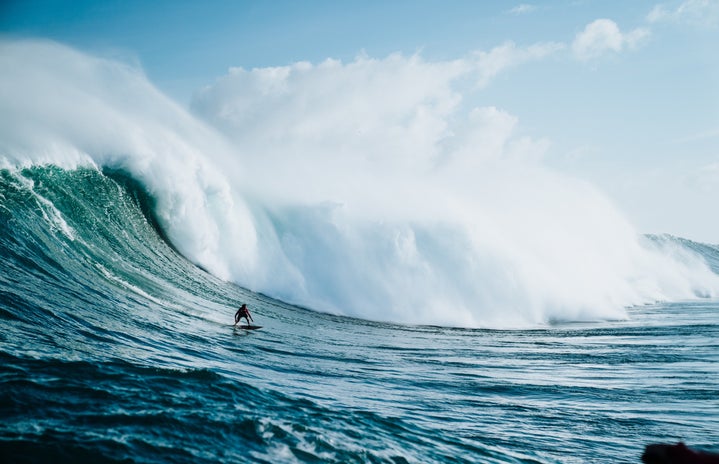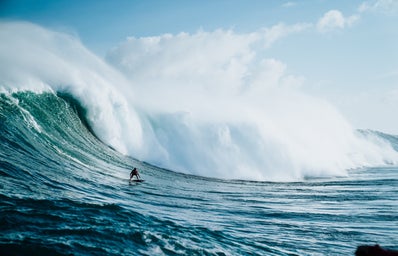In my very first Marine Biology class, there were ten budding female scientists all eager to delve into the world of oceanography, but as we did, we realized that it had been a male-dominated field throughout most of history. Many of the work we studied and papers we read were driven or domineered by male scientists. However, much of the information we know about our oceans comes from the contributions and even direct influence of women. As an aspiring Marine Biologist, these oceanic explorers are amazing inspirations and revered pioneers in the scientific community.
Dr. Sylvia Earle, who currently works as Chief Science Officer at Parley, which encourages collaboration projects for ocean conservation, has paved the way for women in Marine Biology. At 16 years old, she did her first dive with only a diving helmet, as SCUBA hadn’t even been invented yet! As soon as she possibly could, she used a pressurized metal suit to become the first woman to walk on the ocean floor. She has since logged more than 7,000 hours of underwater expeditions and has led an all-women aquanaut team to live and study in an underwater habitat. They observed coral reef ecology and interdependence, and their findings are the basis of my Marine Biology knowledge today.

Dr. Cindy Lee Van Dover is the only female to ever pilot a deep-diving sub and discovered the largest hydrothermal vent by the Galapagos Rift. She continued studying chemosynthetic ecosystems and has studied geothermal light at vents, which is a fascinating topic for scientists studying deep-sea life.
In regard to larger life, researcher Katy Payne and her husband studied the acoustics of underwater calling, mainly whales. She realized that humpback whale calls that were previously thought to be random bursts of sound were actually repeating patterns. In other words, these were not just calls, but songs. Now, there is ample research on different whale species, and current projects focus on how coastline travel affects marine mammal communication.
These women aren’t just idols in the Marine Biology community, they are pioneers for the entire scientific community. Besides inspiring girls to pursue careers in STEM, these female scientists have advanced ocean exploration, called attention to marine animals and ecosystems, and allowed for further study into the sustainability of the Earth. They’ve paved the way for me and other girls like me who hope to have a strong voice in the world of science.



